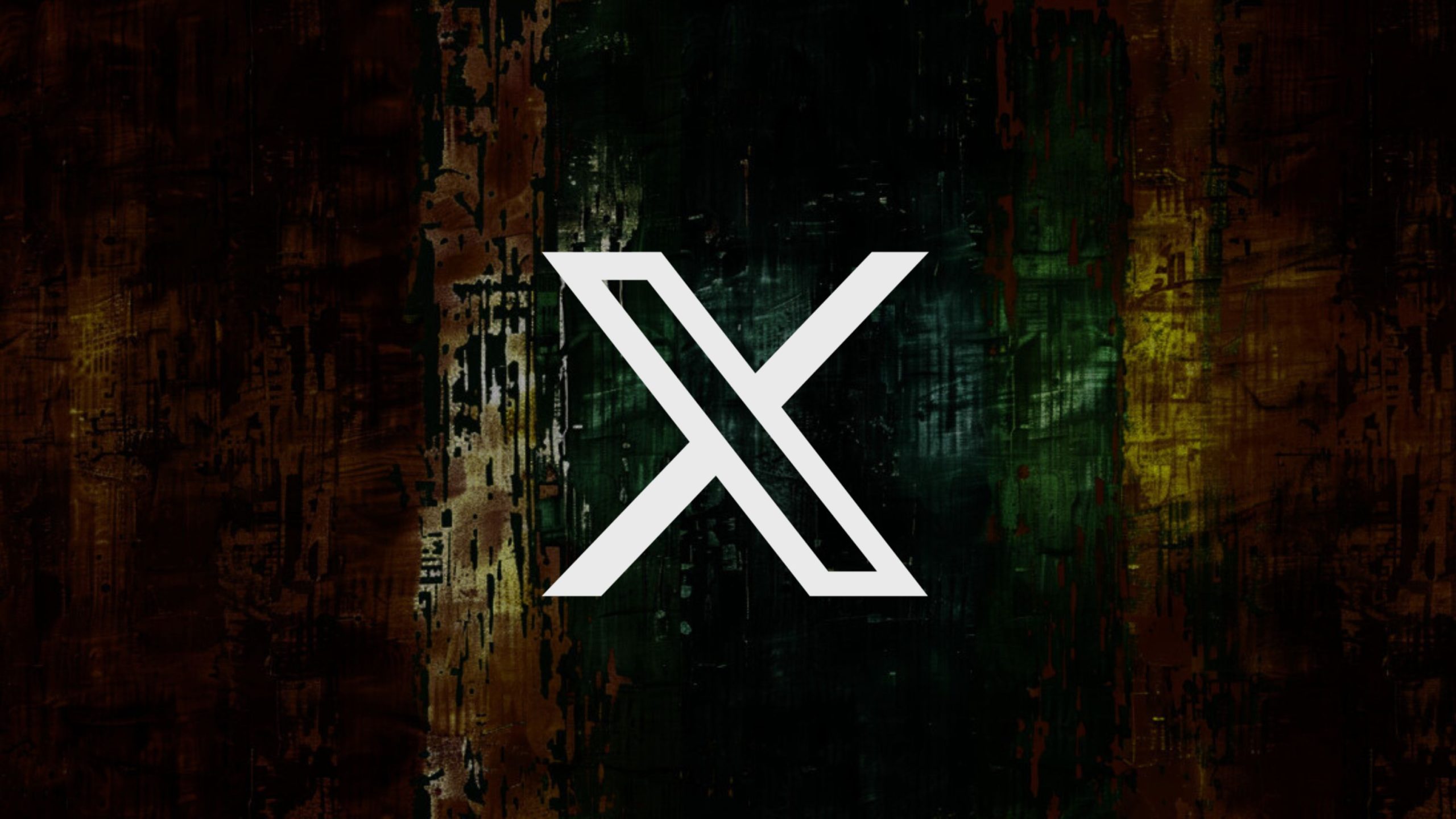India’s ongoing tussle with Elon Musk’s social media platform X has intensified, with the government slamming the company for describing its online content notice system as a “censorship portal,” according to court documents reviewed by Reuters.
This dispute, now playing out in the Karnataka High Court, centers on India’s latest digital compliance tool — a government-run website designed to alert tech firms about content deemed “harmful.” Officials insist the portal simply facilitates communication on due diligence requirements and does not issue content-blocking directives. But X isn’t buying it.
In a lawsuit filed on March 5, X sought to overturn the government’s initiative, arguing that the platform effectively broadens state powers to suppress speech, enabling “countless” bureaucrats to demand the removal of online material with minimal oversight. X’s challenge underscores growing concern over how far governments can stretch their authority under the guise of content moderation.
India’s Ministry of Electronics and Information Technology, in a March 27 filing not yet available to the public, but reported by Reuters, lashed out at X for using what it called “unfortunate and condemnable” language. The ministry dismissed the company’s claims as a “groundless concern of censorship,” despite the increasing number of legal demands the government places on platforms to restrict posts.
While Prime Minister Narendra Modi’s administration maintains the website merely expedites notifications to ensure compliance with India’s digital laws, critics argue it functions as a backdoor mechanism to intensify state control over online discourse. The legal confrontation also coincides with Musk’s ambitions to roll out his other ventures — Tesla and Starlink — in the Indian market, raising the stakes further.
Though the ministry has yet to issue an official response to media inquiries, the case highlights the growing tension between Silicon Valley’s global platforms and governments eager to police digital spaces.








